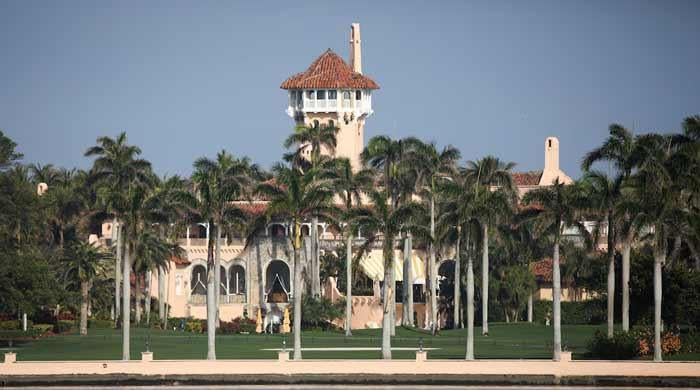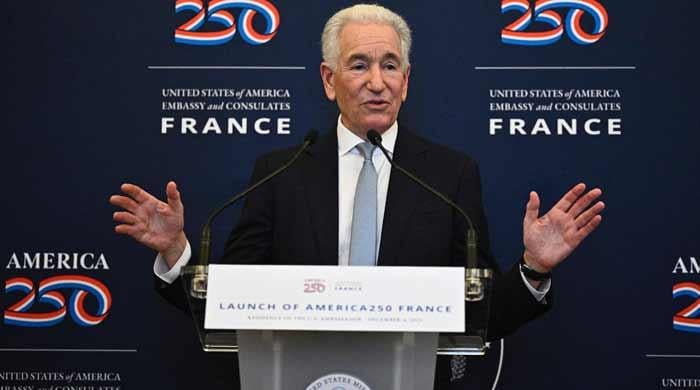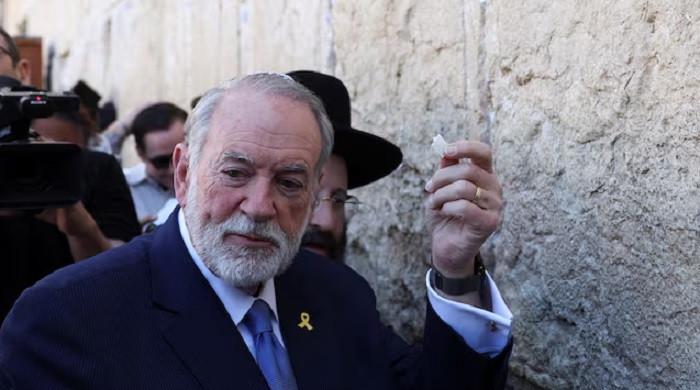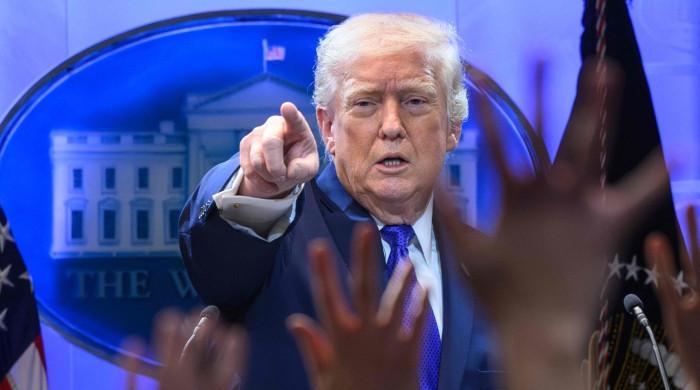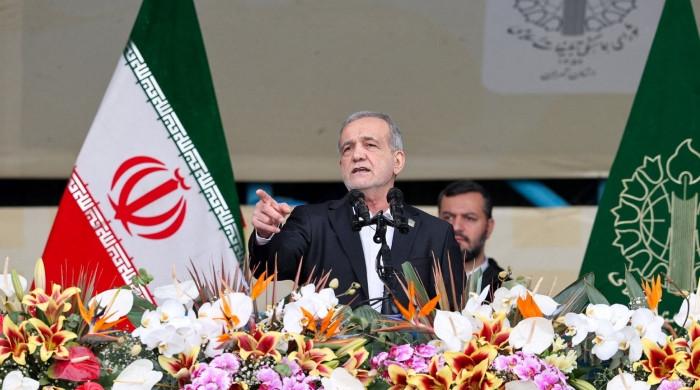Factbox: What will Liz Truss do as UK prime minister?
Liz Truss will become Britain's new PM after winning ruling Conservative Party's leadership contest, replacing ousted Boris Johnson
September 05, 2022
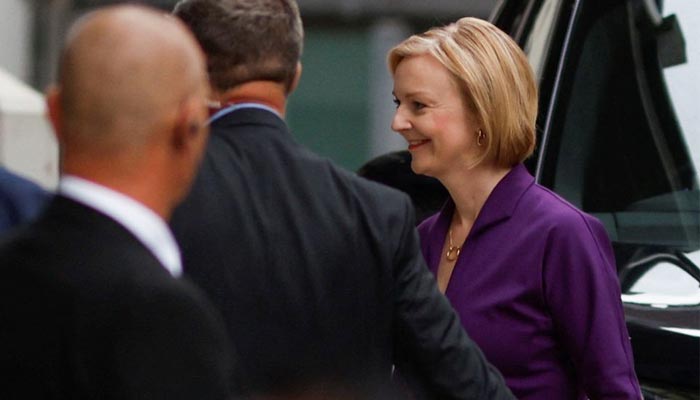
LONDON: Liz Truss will become Britain's next prime minister after winning a leadership race for the governing Conservative party on Monday, vowing to press ahead with promises of tax cuts and to deal with a growing energy crisis.
Below are details of the policies Truss has proposed during the leadership contest.
Tax and spending
- No new taxes
- Set out action within a week to help households with rising energy bills.
- Hold an emergency budget and review of government spending
- Reverse a 1.25 percentage point rise in payroll tax known as National Insurance. The rise was introduced by then finance minister Rishi Sunak in April to help pay for the health and social care system
- Cancel a planned increase in corporation tax. The tax is due to rise from 19% to 25% from 2023 under plans announced by Sunak in March 2021
- Apply a temporary moratorium on environmental and social levies added to consumers' electricity bills
- Not impose any new levies on unhealthy food and ditch plans to restrict multi-buy deals on food and drink high in fat, salt, or sugar
- Review the way families are treated by tax authorities, with a view to easing the tax burden when family members are not working in order to care for children or relatives
Economy and domestic
- Review the Bank of England's mandate without compromising its independence
- No energy rationing
- Support fracking in areas where people back it
- Create low regulation "investment zones"
- Introduce minimum service levels on critical national infrastructure and raise ballot thresholds to limit strike action
- Reform mortgage assessments to help those renting gain access to the housing market
- Scrap home-building targets, incentivise local authorities to build more houses and speed up the planning system
- Review how Britain will reach its 2050 net zero target to see how it can be done in a more "market-friendly" way
- No new Scottish independence referendum
- A six-point education reform package, including measures to cut childcare costs
- Temporarily expand seasonal workers scheme to ensure farmers have access to labour
- Tackle violence against women and girls including criminalising street harassment
- Increase frontline border force by 20% and double the border force maritime staffing levels
- Review energy and water regulators, Ofgem and Ofwat, respectively, to ensure they are "much more effective"
International
- Increase defence spending to 3% of GDP by 2030 from 2.3% of GDP projected this year
- Make Ukraine's President Volodymr Zelenskiy the first foreign leader she calls as prime minister, and work with G7 allies to provide more military and humanitarian aid for Kyiv
- Commit Britain to a lead role in a “new Marshall Plan” for Ukraine
- Update Britain's foreign policy to include a new focus on China and Russia
- Seek a trade deal among Commonwealth members to act as a bulwark against China
- Scrap all remaining European Union laws that still apply in Britain by 2023, including Solvency II regulation and seek regulatory divergence from the EU
- Pursue more third country immigration processing partnership schemes, similar to the existing agreement to send some migrants to Rwanda
- Reform the European Convention on Human Rights (ECHR) "so it works better for Britain"
- Avoid setting an "arbitrary target" on immigration




